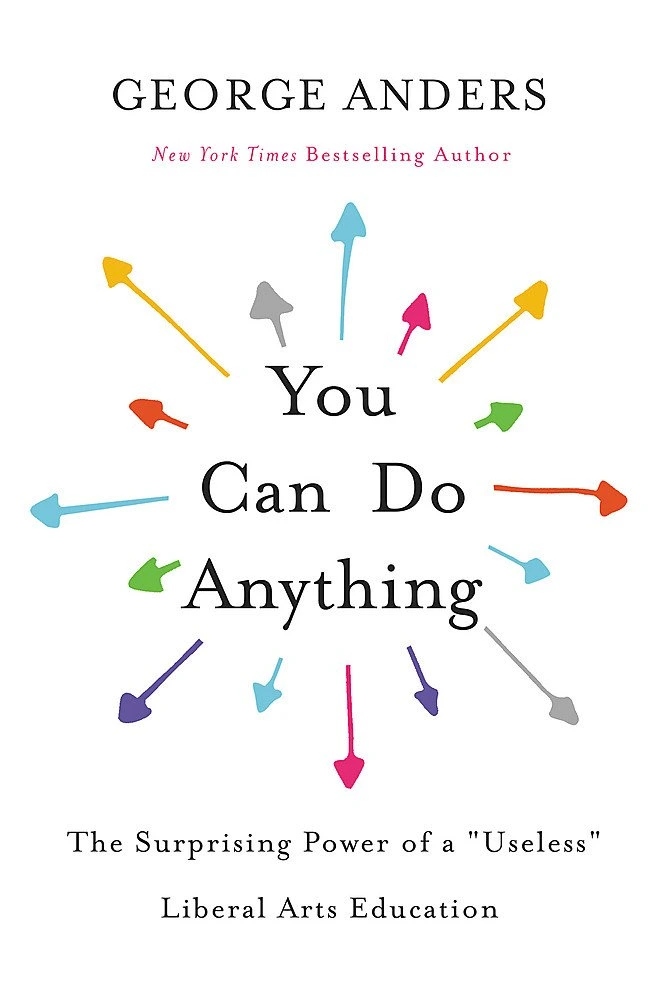Choose a Practical Major – like French – Yes, Really!

We seem to live in a world of STEM Über Alles, where if a young person doesn’t learn to write computer code, he or she is condemned to a life as a barista or a dog walker. But are engineers destined to rule the world? Perhaps not.
The ultimate STEM (science, technology, engineering, math) archetype might be Mr. Spock of Star Trek fame, but who is it that commands the Starship Enterprise? Not the ultra-logical Mr. Spock, but rather the clever and quick-thinking Captain Kirk!
Choosing A ‘Practical’ Major
What does this mean for today’s college students faced with choosing a major field of study that will set them on a course for life? Should they pick a ‘practical’ major in the STEM field, or—god forbid—something useless like French?
One of the finest paths to post-college success is to use those undergraduate years to stretch one’s horizons by immersing in a different language and culture, says author George Anders.
An Impressive List of French Majors
French majors who have scaled the heights include:
– A.G. Lafley, who went on to be chief executive of Procter & Gamble, as well as
– Bill Richardson, a former U.S. ambassador to the United Nations.
– And best-selling author J.K. Rowling is on the list, too.
If she had studied accounting at university, I don’t think we ever would have been graced with the Harry Potter novels, but she majored in French — and that background inspired everything from Beauxbatons to Fleur Delacour. said Anders.
In his book You Can Do Anything: The Surprising Power of a “Useless” Liberal Arts Education, Anders notes that our turbulent era is constantly creating — and destroying — millions of jobs a year. Such volatility rewards people who can rapidly analyze, improvise, and deal with ambiguity. In other words, those with the skills at the very heart of a liberal arts education.

Sometimes a ‘Practical’ Major…Isn’t
Freddie deBoer makes a similar point in his article Pick a Practical Major, Like French. What is a practical major? he asks.
I have never found a consistent and coherent definition.
DeBoer points to a number of ‘practical’ majors gone wrong. 20 years ago, for example, young people were encouraged to pursue a pharmaceutical science degree. But the major became so popular, and so many new grads flooded the market, that job pickings became slim.
And how about once-popular fields like petroleum engineering and aeronautical engineering? The oil patch is notoriously boom and bust, and commercial airline maker Boeing once laid off so many people that a billboard asked Will the Last Person Leaving Seattle Turn Out the Lights?
But isn’t today’s computer science boom different? Computers are everywhere!
Well, just ask the thousands of employees of Microsoft, Google, Amazon, and other tech firms who have recently been sent packing. And with artificial intelligence threatening to disrupt ever more professions, it is the nimble who will thrive.
Your subscription (free or paid) will be gratefully received, and will help me continue to build ‘le Bulletin’ – the weekly newsletter of MyFrenchLife.org Magazine to be even more rich- Merci Mille Fois
A French Future?
DeBoer makes a provocative point:
perhaps it is French that is a practical major—the study of language, literature, history, and culture, rather than the mastery of a narrow set of technical skills.
Deboer points out that French is the world’s fifth-most-spoken language, and the number of French speakers is expected to double in the next 30 years.
Also
French is one of only two languages—along with English—that is an official language on five continents.
It is also the official working language of international organizations like the United Nations, the World Trade Organization, and soccer’s governing body FIFA. And it is an important language in business, in diplomacy, and on the Internet.
The opportunities are vast. Parlez-vous français?
Choose a Practical Major – like French … Do you agree with this view? Do you recommend a French major to young undergraduates? Please comment below.
More reading:
French language prospects a four-part mini-series
Image Credits all commons
Graduates: Pixabay
Book cover: Amazon
Man on bench: Pixabay
Eiffel Tower: Pixabay









Speaking for English majors everywhere, I heartily agree on the value of a liberal arts education!
P.S. Should we disclose that you, George, and I were in the same college fraternity?
I spent 5 years learning German in high school and university. I could read Goethe at one point. Now I live in France. Well, I did try French one summer in high school. Two weeks later I dropped out. The pronunciations and liaisons made no sense to me. Damned shame. And then I became an English major. We all have to find our way in life. Mine took longer than most.